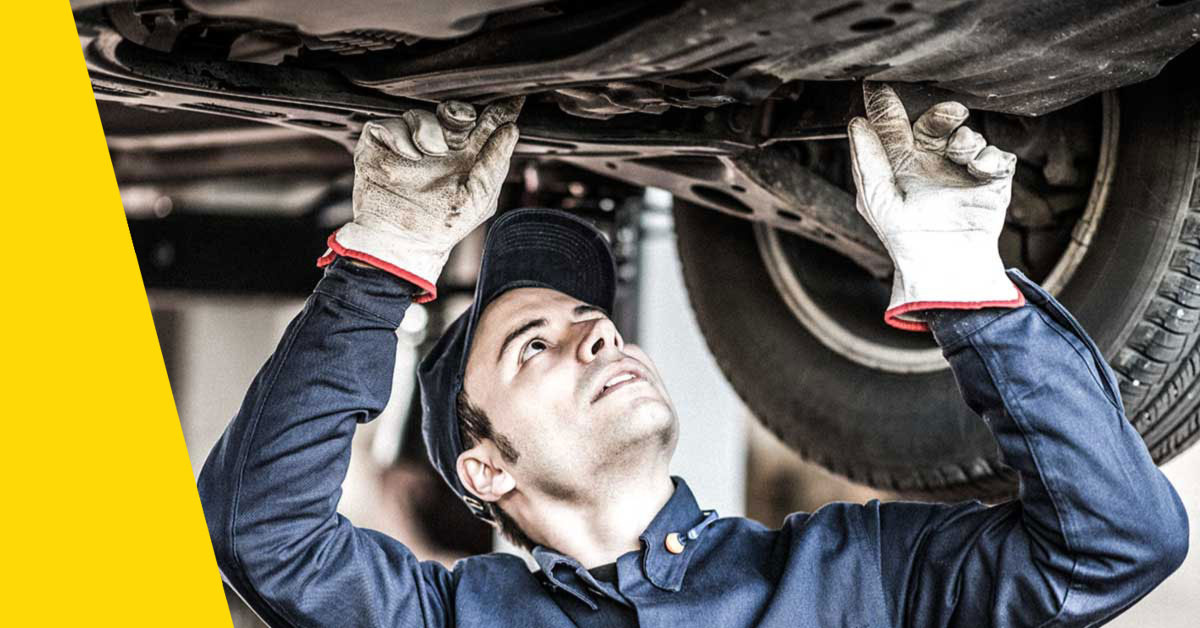Experiencing vibrations while driving can be unsettling, and it’s a common concern for many car owners. While minor vibrations may not seem alarming at first, they can indicate underlying issues that could lead to more serious problems if left unaddressed. In this article, we will explore the various reasons your car may be vibrating, the potential implications, and what you can do to resolve these issues.
Common Causes of Car Vibrations
1. Wheel Imbalance
One of the most frequent causes of car vibrations is wheel imbalance. This occurs when the weight distribution on your wheels is uneven, typically due to missing wheel weights or improper installation of tires. Symptoms often manifest as vibrations felt through the steering wheel, especially at higher speeds.
Solution: If you suspect wheel imbalance, have your tires balanced by a professional. Regular wheel alignment checks can also prevent this issue.
2. Tire Issues
Worn, damaged, or improperly inflated tires can lead to vibrations. If your tires have uneven wear, bulges, or low pressure, they may not grip the road evenly, causing your vehicle to vibrate.
Solution: Inspect your tires for any visible damage or uneven wear. Make sure they are properly inflated to the manufacturer’s recommended pressure. Rotating your tires regularly can help promote even wear.
3. Brake Problems
Vibrations that occur when braking can indicate an issue with your brake system, such as warped brake rotors. If you feel pulsations in the brake pedal or vibrations through the steering wheel when applying the brakes, it’s time to investigate.
Solution: Have your brake system inspected. Resurfacing or replacing warped rotors and ensuring that brake pads are in good condition can resolve this issue.
4. Suspension Issues
Your car’s suspension system is crucial for a smooth ride. Worn-out shocks, struts, or other suspension components can lead to vibrations, especially when driving over bumps or uneven surfaces.
Solution: Regular maintenance checks of your suspension system can catch these issues early. If you notice excessive bouncing or vibrations, consult a mechanic for a thorough inspection.
5. Engine Problems
Sometimes, vibrations can stem from engine issues, including misfiring cylinders or worn engine mounts. If the engine isn’t running smoothly, it can cause the whole vehicle to shake.
Solution: If you suspect engine problems, have your vehicle diagnosed by a professional. Addressing any engine misfires or replacing worn mounts can significantly improve driving smoothness.
6. Drivetrain Issues
Problems in the drivetrain, such as a malfunctioning driveshaft or CV joints, can also lead to vibrations. These issues may become more pronounced during acceleration or when turning.
Solution: A qualified mechanic should inspect the drivetrain components. Replacing damaged parts can eliminate vibrations and restore proper functionality.
When to Seek Professional Help
If your car vibrates consistently or you notice other symptoms such as noises, difficulty steering, or changes in handling, it’s crucial to seek professional assistance. Ignoring these signs can lead to more severe problems and costly repairs.
Signs You Should Visit a Mechanic:
- Vibrations that worsen at certain speeds
- Unusual noises accompanying the vibrations
- Changes in steering responsiveness
- Warning lights on the dashboard

Leave a Reply